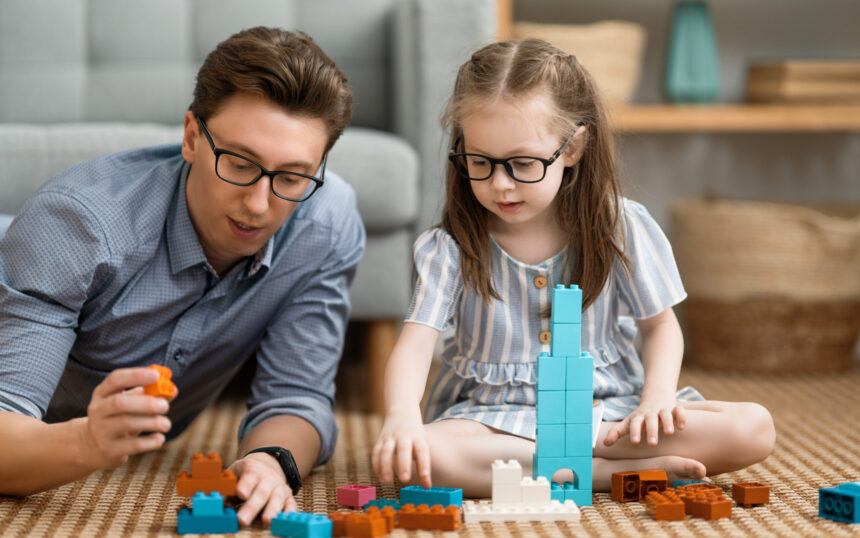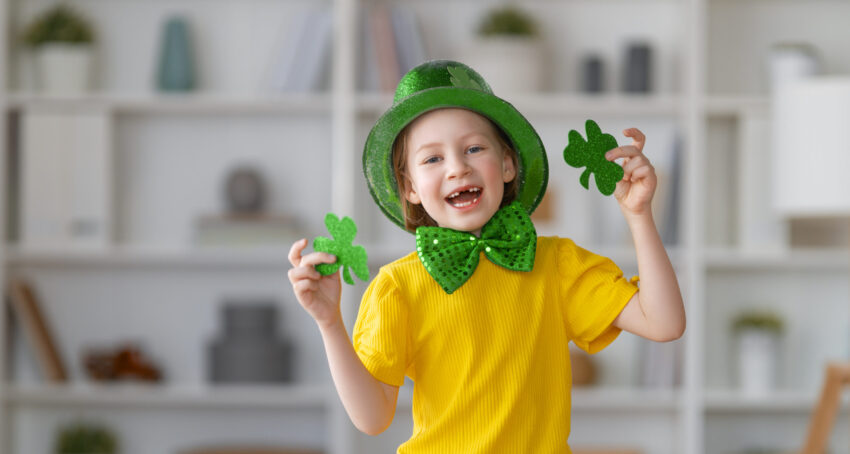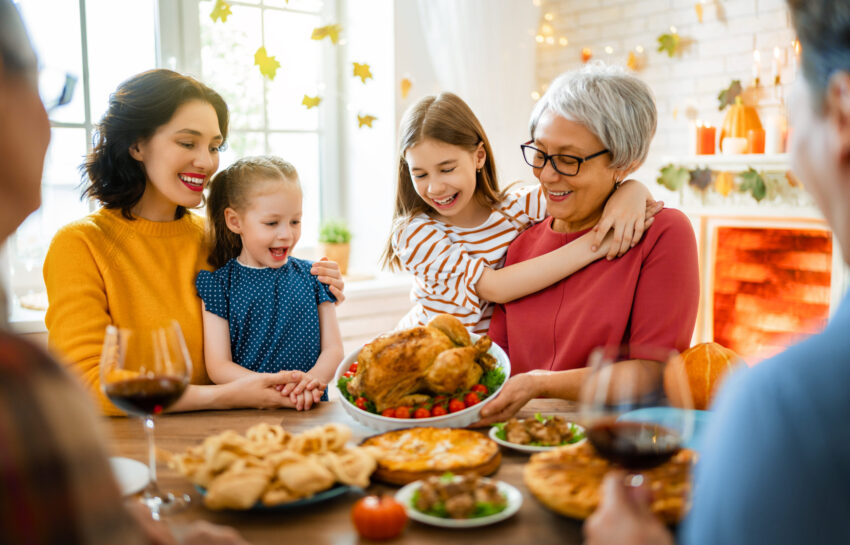Time to Check Our Emotional Fuel Gauge
The U.S. has hunkered down for more than a year now as the tide flows from one direction to another, adjusting to safety precautions. We are all weary of the journey.
There are great losses. Unfortunately, the fallout goes well beyond what we physically see.
Keeping our distance from one another has been an effective method of reducing the spread of germs and has been important. Yet, the effect social distancing has had on our mental health is something no one can calculate.
I have to admit, as a somewhat introverted person, some of the restrictions have not phased me much and I’ve considered it a small price to pay for the safety of others. There are plenty of people who have felt crushed by the lack of livelihood, travel, and financial provisions.
The part of this year that has been the most difficult for me has been the inability to hug people I care about beyond the walls of my house. Last year in April, I had to stay away from my own family members because they worked in health care and wanted me healthy. Imagine that. I eventually wrapped one in a sheet and hugged them anyway.
While walking the hallways of schools I notice students and my co-workers trying to stay distanced. I feel the pain of educators who can’t hug, fist-bump, or pat a child on the back. They can’t even allow their students to gather in small groups where they exchange ideas and create projects.
I am not arguing that we need to let up our guard against this virus. I would only like to point out the effect this is having on our mental health and overall well-being.
Human touch and typical displays of affection are extremely valuable to our sense of social standing with other people and our own self-worth. We are built for connections and hard-wired for social engagement that requires the back and forth process of talking, laughing, and sharing our thoughts and emotions.
If you think about how different the world has been over the past year, imagine what that would be like as a developing child. We learn through our senses and one aspect of that is through facial expressions. Wearing a mask has given young children such a disadvantage in reading typical social cues and learning to respond accordingly.
Our children will need opportunities to play in physically and socially safe environments with family more now than ever. It will also do any adult good to get down on the floor and race cars or stack Legos. Get out the game boards and card decks. Creating laughter, winning and losing at games, and constructing new memories builds emotional maturity and the feelings of acceptance we all need for a healthy life. We don’t get as much of those opportunities these days.
It may be time to take inventory of our own mood and mental health. Wearing a mask and staying at a distance may be part of our ongoing patterns for a time, but keeping check on how hopeful we feel, our degree of energy, and level of social connections is just as important now as ever. We have been through a long and bumpy ride on this journey. Our kids and youth need our close connections and support at home. While we model good coping skills and social connectiveness, we can reach out for our own support if we need it. Allowing ourselves to be vulnerable while accepting help is one more part of showing our children how to be responsible for our health. I encourage you to reach out to a friend, reach out for yourself, or reach out to a child today.
May we be physically distanced, not socially distant.






Leave a Reply